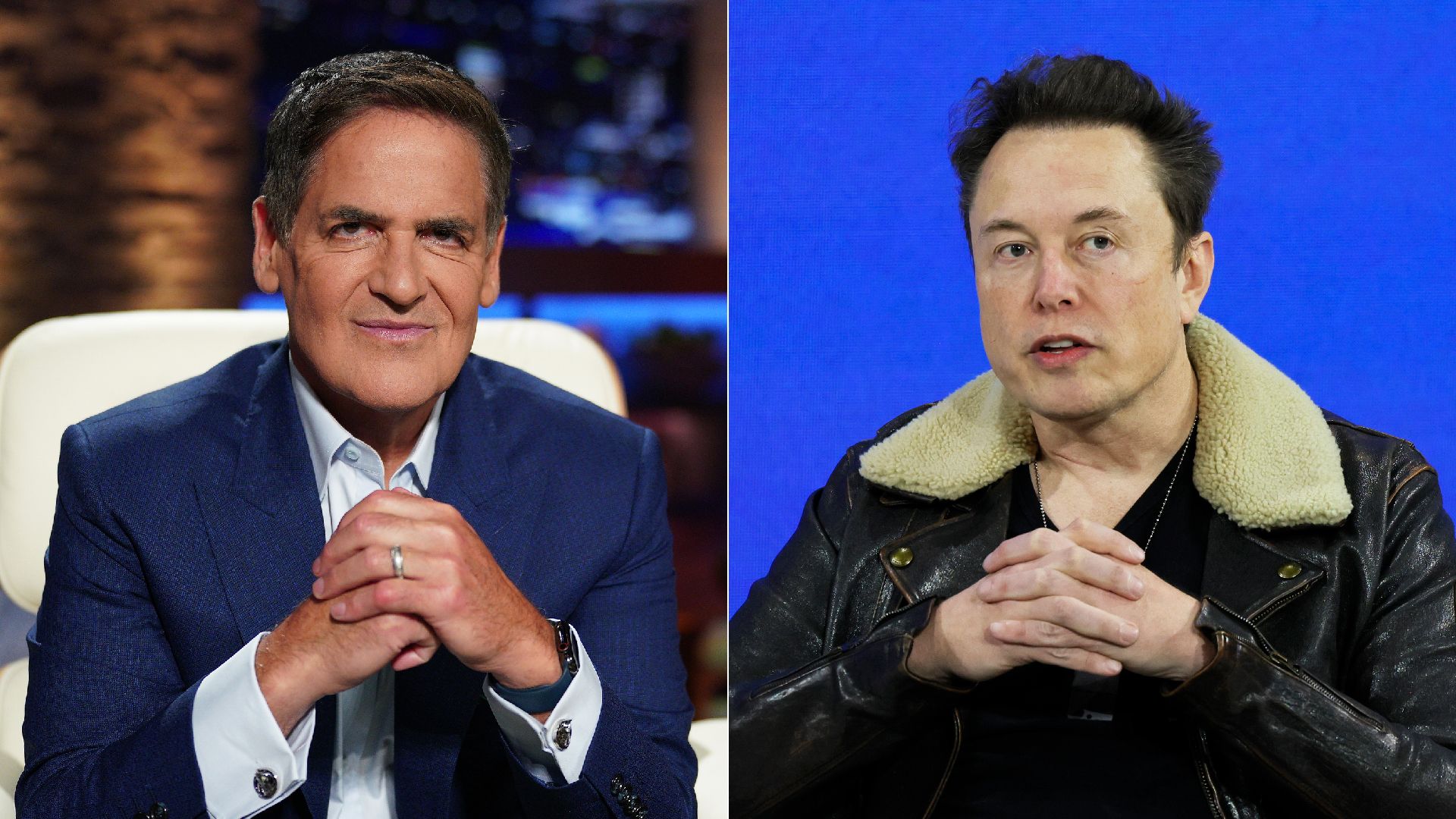Cuban Strikes at Musk’s Approach to Government Efficiency Reforms
Mark Cuban, the billionaire known for his appearances on the show ‘Shark Tank’, has once again voiced his opinion on Elon Musk’s approach to regulatory reform. In a recent interview, he expressed concerned regarding Musk’s management of the Department of Government Efficiency, an agency focused on reducing governmental expenses that was lately established by the presidential office. According to Cuban, Musk’s tactic is like, ‘ready, fire, aim’ – a strategy he sternly disapproves of.
Cuban suggests that Musk’s ‘ready, fire, aim’ method isn’t suitable for governmental operations. He criticizes how the consequences of this approach will inevitably impact smaller communities and cities. For Cuban, the uncertainty surrounding the number of job losses, the potential closure of companies due to dwindling grants, and the possible effect on the services that communities can offer raises considerable concerns.
Moreover, Cuban warns about probable increases in local taxes. He sees imminent threats of job cuts and closures of small and medium-sized businesses owing to their reduced funding. This cascading effect, he fears, could have detrimental consequences on the quality of services and the overall living standards in these small to mid-sized communities.
Cuban not only critiques but also puts forward advice for those wishing to counteract the potential issues. He denounces the destructive actions like damaging Tesla’s vehicles, referring to such measures as counterproductive. In fact, he describes them as fundamentally wrong, urging those involved in such actions to immediately halt.
Seemingly troubled by the violent antics against Tesla’s dealerships and cars, Cuban strongly reiterates it as detrimental and fruitless. He asserts, ‘It achieves nothing.’ In his perspective, such destructive measures won’t sway public opinion as intended. Instead, he underscores that different, nonviolent steps can be taken to protect community interests.
One of the practical implementations that Cuban touches upon is applying pressure on local representatives through platforms like town halls. If their constituencies are adversely influenced due to abrupt budgetary reductions or tariff effects, the onus should be on these officials to make a critical decision: protecting their constituents or risking their positions.
Cuban aptly notes an important truth: either the representative accept and back these cost-cutting initiatives and tariffs, identifying them as harmful to their specific locality, or they might face job loss. It’s a poignant reminder of the representative’s accountability to the community they are supposed to represent.
He went on to emphasize his belief in the power of communities. He strategizes that if people are distressed due to the sudden budget cuts and tariff impositions, they should stress their community representatives to take action. He underlines the possibility of people being motivated enough to safeguard their family and community interests by actively participating in the voting process.
It’s interesting to note that it’s not the first time Cuban has been vocal about Musk’s strategies. Previously, as well, he has shown his discontentment with Musk’s policies, particularly with regard to budgetary choices. Cuban, a week ago, had highlighted his apprehension about the imprudence of executing federal cuts without definite knowledge of their overall economic impact.
He critically noted that making such extensive budgetary decisions without proper consideration of whether the cuts will truly benefit the taxpayer could be a grave mistake. In his argument, such hasty decisions without any concrete understanding of its consequences can have unforeseen negative impacts.
Although it isn’t the first instance when Cuban has challenged Musk’s initiatives, his recent critique seems more comprehensive. He maintains that the unplanned cuts have potential to wreak havoc on smaller communities and cities. And, he starkly disapproves of Musk’s approach to these extensive economic policies.
Cuban’s feedback primarily centers on the importance of awareness, measured decision-making, and safeguarding the interests of communities. His criticisms highlight Musk’s seemingly imprudent strategy of ‘ready, fire, aim’ when applying sweeping budget changes and how this strategy can bring unparalleled consequences on the toughest-hit communities.
Hence, Cuban’s critique underscored the need for a more thoughtful approach to governmental cost-cutting. He explored potential implications and promoted constructive counter-actions, such as engaging more with representatives. Above all, he reminded communities of their inherent power that can compel change when channeled correctly.
Yet, this has not been the first time nor will it be the last that Cuban has shared his perspective. As a seasoned entrepreneur and corporate leader, his voiced concerns and insights offer important considerations on Musk’s strategy for the broader audiences. However, only time will tell how these debates might shape the course of policy and the potential impact on local communities.

